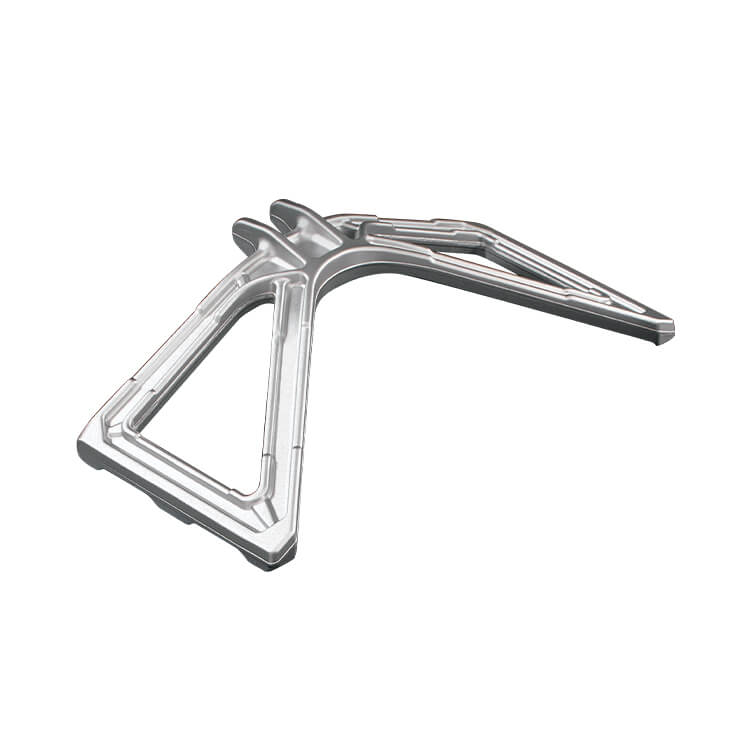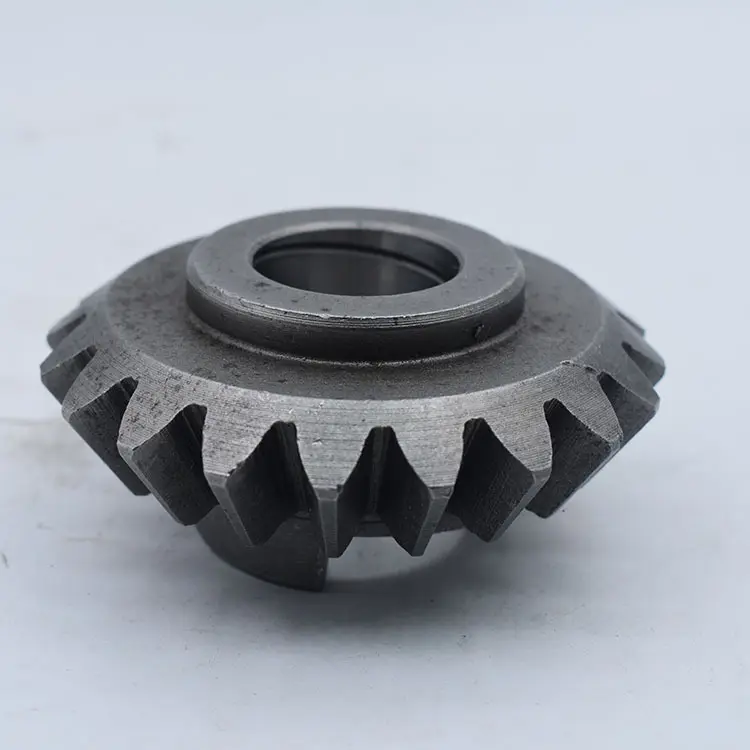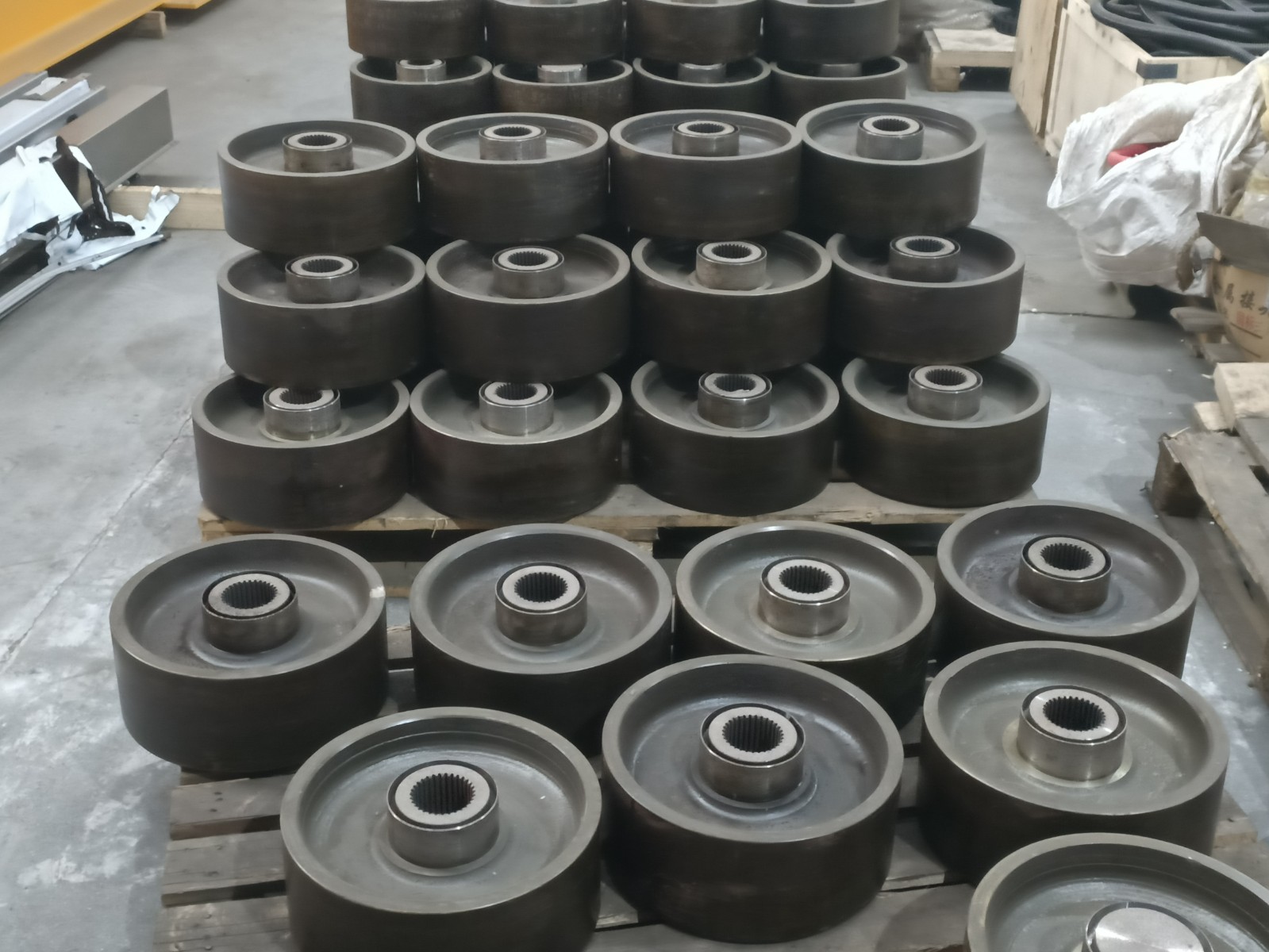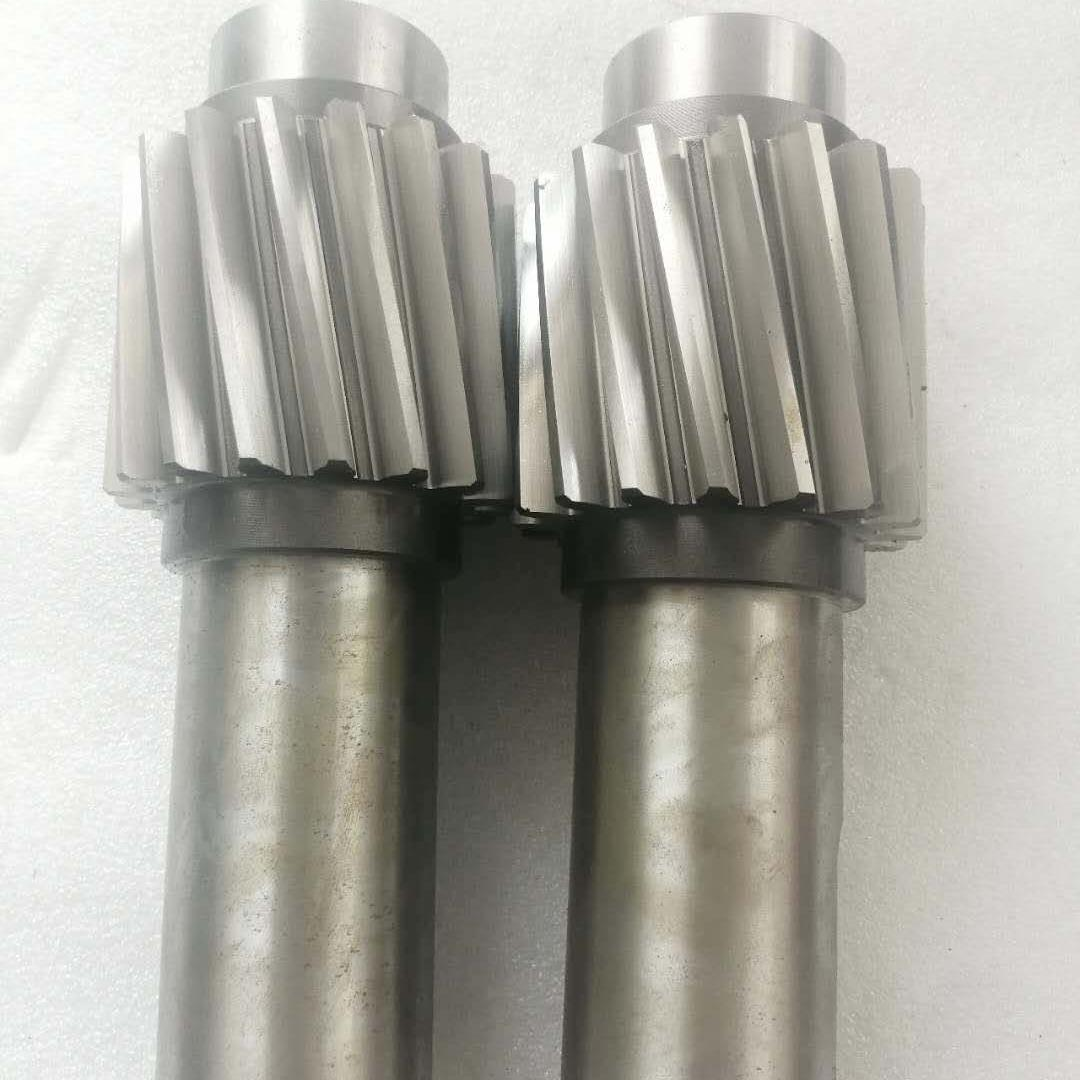The traditional car-parts supplier pattern will be overturned by electric vehicles by 75% or elimination
Aikenberg pointed out that by 2030, the annual production of cars will be 57% of pure electric, plug-in hybrid or 48-volt electrical system of the car.
Auto parts, electric cars
According to the Auto News Network reported that for the traditional auto parts suppliers, electric vehicles may prove to be extinct dinosaur "meteorite."
According to a recently released report, by 2030, 75 of the top 100 suppliers in the industry will be eliminated unless they are able to develop their own electric vehicle-related businesses.
"Most of the CEOs are very concerned about the earnings of the season," said Paul Eichenberg, an analyst at Detroit's auto industry consulting firm, who said: "Automotive electrification is much faster than most analysts expect. Did not see the industry trend. "
Aikenberg pointed out that by 2030, the annual production of cars will be 57% of pure electric, plug-in hybrid or 48-volt electrical system of the car.
These pure electric, plug-in hybrid and mild hybrid vehicles will create an annual output of $ 213 billion in battery, engine and electronics markets.
This week, car manufacturers, suppliers, consulting firms and vendors gathered in the annual management briefing Seminars, the annual auto industry summit organized by the Ann Arbor Research Center. Participants have mentioned the industry out of the trend. Many participants admitted that the auto industry is moving from a speed break to an autopilot.
Many argue that the shift between autopilot technology and electrification is coexisting, both of which sparked radical technological changes.
Magna Powertrain and Magna Electronics' former vice president of strategy, Aikenberg, asked the question: how many companies would be eliminated?
Automated driving vehicles will need to assemble wire-steering, wire-controlled automatic and precision car-mounted computers and other technologies, which will greatly increase power consumption.
The tightening of global carbon dioxide emissions rules is also driving the trend of electrification. New emission standards for carbon dioxide in Europe and China are coming into effect.
In 2020, the European Union's Euro 6 standard will require cars to reach 57 miles per gallon of fuel efficiency, and by 2030 the proposed sex may further increase this requirement to 73 miles per gallon.
Car manufacturers plan to meet this trend through electric, plug-in hybrid and mild hybrid vehicles.
48 volts mild miscarriage
Mild moped cars are cars that have upgraded to 48-volt electrical systems, start-up functions and regenerative braking, and this technology is providing fast access to electrification for some suppliers.
Mild hybrid technology will increase the cost of vehicles by $ 1,000 to $ 1,200 per vehicle (equivalent to an increase of 30%), which can reduce carbon dioxide emissions by half.
"This is a good solution - especially for larger cars," says Aikenberg. "Larger cars will use this technology, and smaller cars will use plug-in hybrid Or pure electric technology. "
Some large suppliers are betting on this trend and reorienting their position through investment. In 2012, Continental AG invested $ 1.2 billion in the development of electric vehicle technology, adding a 48-volt mild hybrid system to its product line.
This is part of a "two-pronged" strategy, which assumes that carmakers will electrify their conventional cars in the short term and then gradually transition to electric and plug-in hybrid cars.
This investment has been effective in the 2016 harvest since Reynolds applied Continental AG's 48-volt mild hybrid system to the Scenic SUV. Over the next two years, five other automakers almost applied the system to their vehicles.
"This is a cost-effective way for the turn of electric vehicles and plug-in hybrid cars," said Kregg Wiggins, senior vice president of Continental's drive division. "The current production of internal combustion engine cars is still nearing its peak. There is a lot of space.
By 2020 or 2021, Continental expects its electrical systems business to generate approximately $ 1.2 billion in sales, much higher than this year's $ 152 million. To boost this growth, the company announced in April that it would invest another $ 351 million in 2021 for the development of electric vehicle products.
Wiggins said the company is developing electric vehicle charging systems, electric shafts, AC / DC converters, battery management systems and automotive electronics.
It is expected that these parts of the market will flourish in the next decade or so, and Continental is expected by 2025, the industry's annual sales will reach 2.3 billion US dollars.
Software development
Hybrid power and electric cars will require a lot of professional hardware from suppliers. However, the profit growth point will be related to the software.
For example, Delphi Automotive is developing its ability to integrate a 48-volt electrical system with a mild hybrid powertrain. Delphi Gustanski, vice president of engineering, argues that the key to this technology is to control the vehicle to switch between electric and petrol engines.











